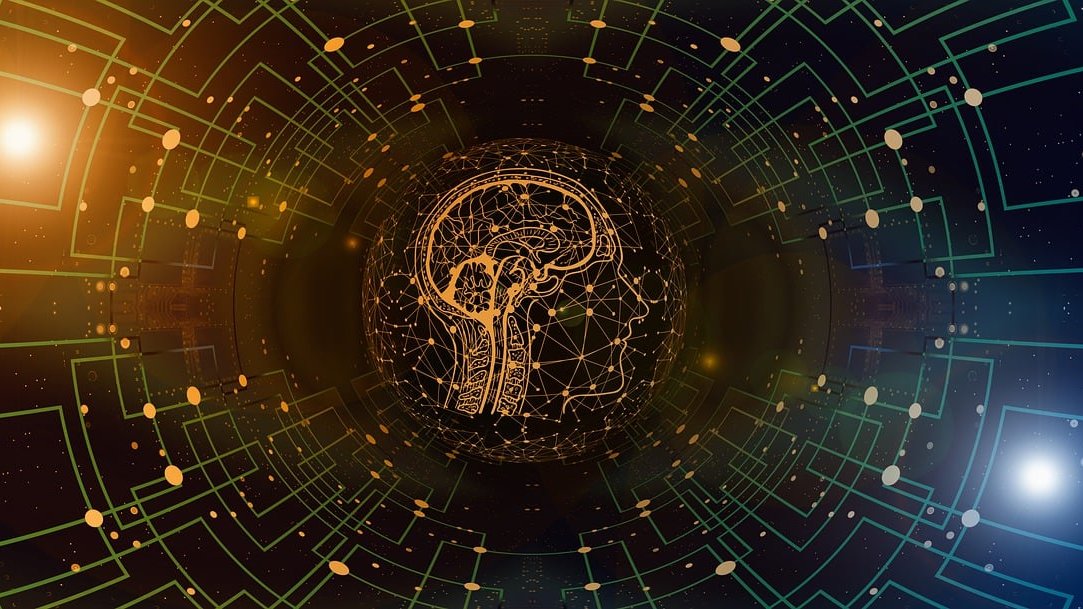
As artificial intelligence advances, it is starting to replace household pets with AI-powered robotic companions. However, while these AI companions offer a new form of companionship with lower maintenance, experts warn that the long-term effects of their use are still unknown.
Emergence of AI-powered robotic pets
The world of household pets is about to see a high-tech disruption with artificial intelligence stepping in. The Go1, manufactured by China's Unitree Robotics, is a leading example of this shift. This quadruped robot companion, designed to mimic the walking movements of a real pet, doesn't just replace the need for vet bills. It also comes equipped with AI capabilities like stability control, gait generation, motion control, navigation and obstacle avoidance. Go1 even has learning and adaptation features that make it a truly 'intelligent' companion.
Go1 and its advanced sensing system
The Go1 is a high-tech marvel, capable of matching its owner's pace up to a speed of 10 miles per hour. That's not all - the robot pet comes with an advanced super-sensing system. This system includes several fisheye binocular sensors and human recognition capabilities, enabling Go1 to follow its owner's lateral peripheral vision. It's like having a pet with superpowers, and it's all thanks to AI and robotics.
AI pets are not just about size and power; they also bring a new level of emotional interaction to the table. For instance, consider EMO, another AI-powered pet developed by LivingAI. EMO might be tiny, but it's packed with personality. It can react to its owner with more than 1,000 different facial expressions and movements. Just like real-life pets, EMO evolves over time, learning and bonding with its human companion, all thanks to advanced internal sensors and AI processing models.
Potential downsides of AI pets
While the emergence of AI pets is exciting, it's not without its potential downsides. Dr. Harvey Castro, a renowned physician and national speaker on AI in health care, raises a few important points. He emphasizes that these AI companions, while beneficial, cannot fully replace the rich and complex experience of caring for a real animal. Moreover, there's a potential risk of users becoming overly dependent on AI pets for companionship, which might lead to neglecting real-life relationships. The data privacy implications are also a significant concern that needs to be addressed.










